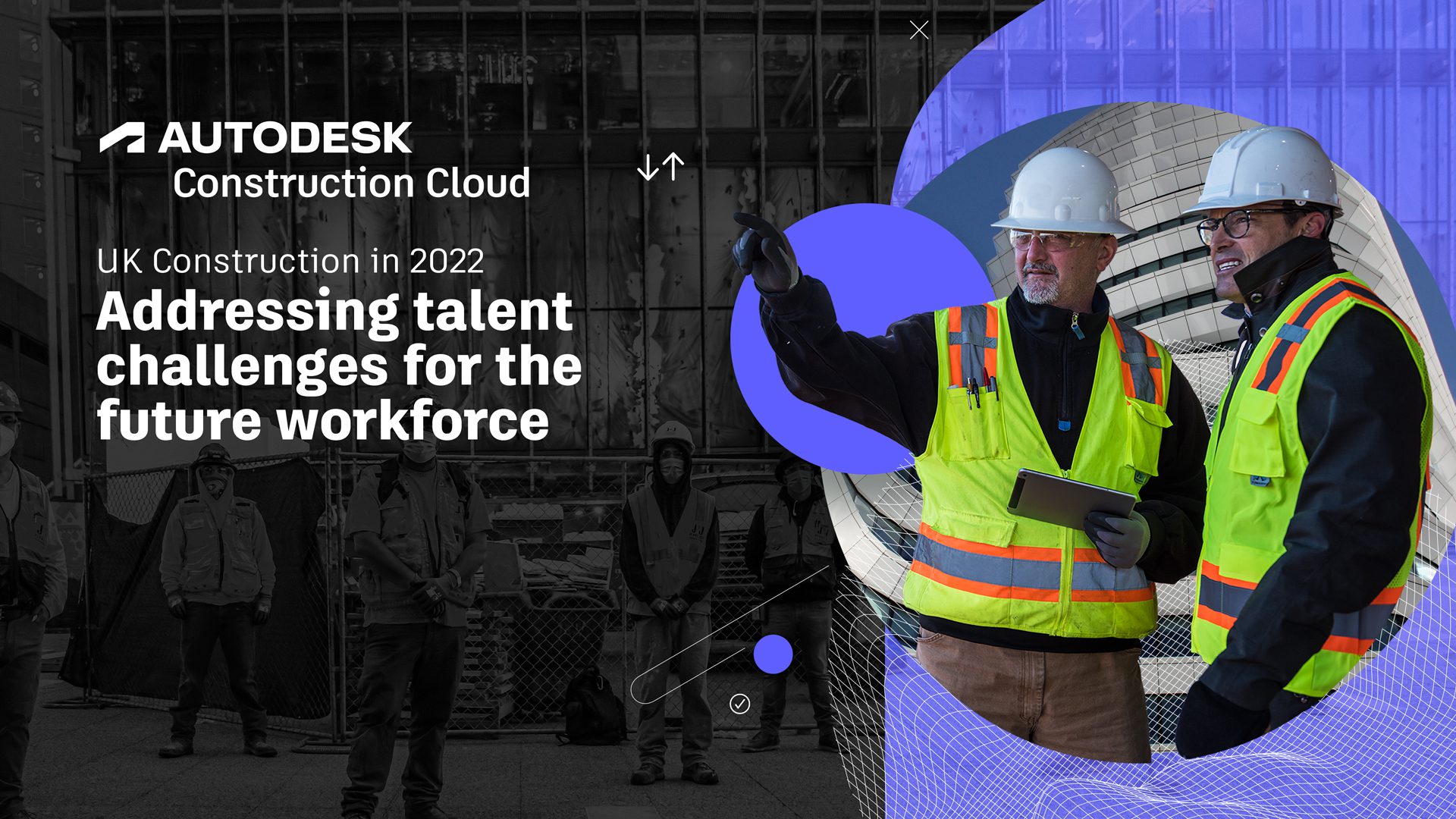
Construction is central to national life in the UK. As well as contributing £117bn to the economy each year, the industry employs 2.7 million people in a whole host of roles.
But it’s a transformative time for UK construction and the people that work within it – which is requiring companies of all kinds to adapt.
While we’re seeing greater use of construction technology and new standards in safety, quality and productivity, at the same time there are rising prices, the cost of living crisis and of course ongoing workforce shortages.
In this period of change, people are crucial for construction’s success – so we’ve surveyed 200 construction professionals in the UK to understand the state of the industry today and the role talent will play in shaping the future.
Positively, construction demand is growing – and most companies are looking to hire. Four in five businesses (79%) are currently recruiting, usually to deliver an increase in contracts and work secured by the business (43%).
However, construction companies are facing significant recruitment challenges, which are limiting their performance. A third of companies (36%) are finding it difficult to recruit, with 58% unable to find the skills they need.
There are particular concerns about construction’s image problem. Professionals say the construction industry is less attractive than other sectors (28%) and construction is seen as a career of last choice (26%) – suggesting a national campaign may be needed to attract crucial talent.
Over the next decade professionals are aware of the growing need for specialists in technology and innovation. A fifth say construction talent shortages will be caused by a shortage of digital and technology skills (20%), while a quarter highlight rising demand for off-site manufacturing knowledge (27%).
As construction evolves over the coming years, upskilling will be crucial both at a company level and across the industry, to ensure the availability of the changing skills required by businesses.
Many businesses plan to use modern methods of construction and innovation to improve how they work in the future.
In fact, 95% of UK construction companies plan to invest in emerging technologies, such prefabrication and 3D printing, by 2027.
Outside of off-site manufacturing (43%), data analytics will be the most popular focus for investment (35%), with a further quarter interested in areas like 3D printing (24%) and virtual and augmented reality (24%).
This will complement the industry’s drive to become more diverse and more sustainable. Three quarters of construction professionals (75%) say their business is prioritising hiring people from diverse backgrounds – and the off-site settings used in prefabrication could help to open up roles to a wider range of talent.
However, achieving these technology goals will require higher IT investment, even in this difficult period. Only a quarter of businesses will prioritise investments in IT over the next two years (27%) – with 42% focusing on hiring new staff instead.
UK construction is currently going through a period of significant regulatory change. The Building Safety Act, which came into force in April 2022, sets new responsibilities for builders – and construction professionals feel generally prepared.
Seven in ten (72%) believe their company is well equipped to meet the changes in the Building Safety Act.
Likewise, six in ten (59%) can see the opportunities presented by national investment plans like the Levelling Up Agenda, such as greater infrastructure and housing development in their area.
However, there are signs that people shortages and knowledge gaps may make it difficult for firms to deliver in each case. Most of the construction companies (56%) unprepared for the Building Safety Act blame a lack of skilled people.
Meanwhile, nearly three quarters (72%) say the UK would need a larger construction workforce to fulfil a programme like the Levelling Up Agenda.
Whatever the policies of the next government, it will be important to consider a national skills strategy to ensure that any construction programmes and new regulations are deliverable.
Once again, construction firms in the UK are facing challenging times. But having come through the difficulties of the pandemic, businesses are prepared to adapt once again – and the workforce will be central to this process.
But right now, there are warning signs about the availability of crucial talent and skills, that could become more acute as construction evolves in the years ahead.
It’s vital that UK construction continues to invest in people and the technology to support them. Digital tools and data can not only enable teams to build right first time, reducing errors and improving productivity today, but also lay the foundations for new ways of working.
This will ensure that construction can overcome the present talent challenges and create a workforce ready for the future.

May we collect and use your data?
Learn more about the Third Party Services we use and our Privacy Statement.May we collect and use your data to tailor your experience?
Explore the benefits of a customized experience by managing your privacy settings for this site or visit our Privacy Statement to learn more about your options.